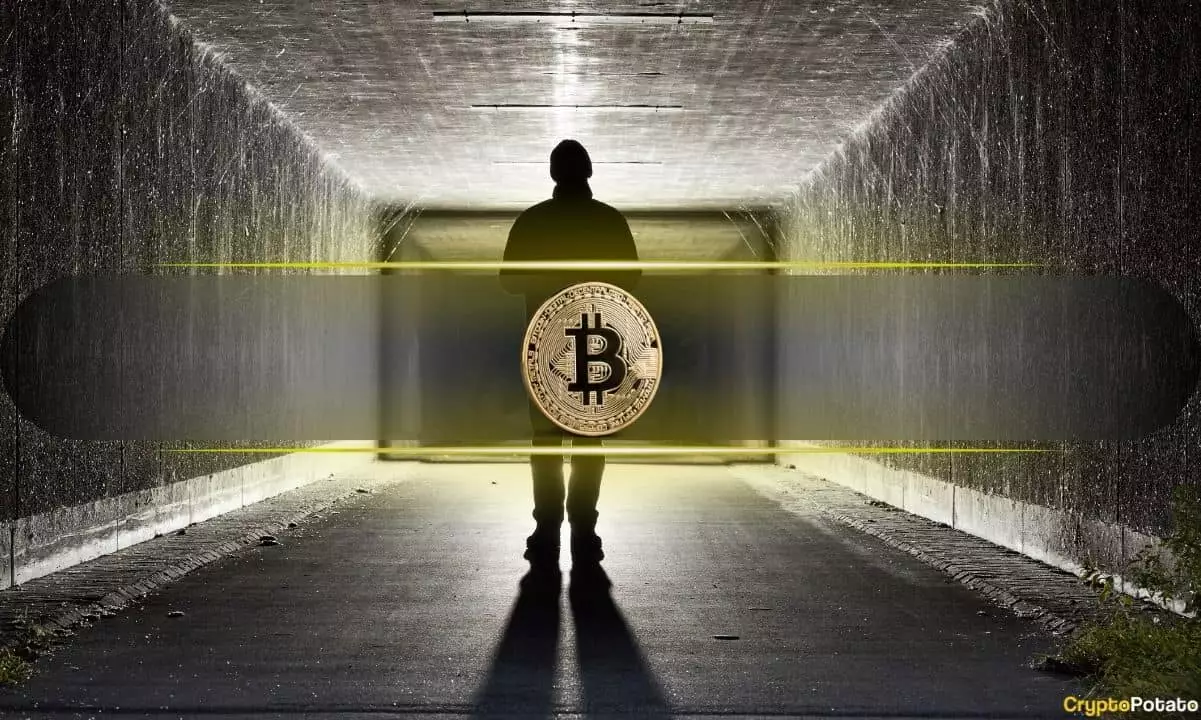The curious case of Satoshi Nakamoto—the enigmatic creator of Bitcoin—has long fascinated the world, sparking massive speculation and countless theories. Recently, James Murphy, a crypto lawyer, filed a Freedom of Information Act (FOIA) lawsuit aimed at unearthing documents from the U.S. Department of Homeland Security (DHS) that could potentially expose Nakamoto’s identity. Given the turbulent waters of cryptocurrency and the volatile nature of public opinion surrounding it, one has to wonder: is the pursuit of Satoshi a noble quest for truth, or a reckless gambit that could unravel lives?
Murphy’s motivation appears to spring from a belief in transparency and accountability from the government. Yet, the push to reveal Nakamoto’s identity carries inherent risks—not just for Nakamoto but for the entire crypto community. The age-old adage, “What you seek may not be what you want,” rings particularly true in this context. With crypto being synonymous with privacy and decentralization, could unmasking its progenitor be the ultimate irony?
Dangers of Doxxing: A Slippery Slope
The implications of Murphy’s lawsuit extend beyond mere curiosity; it provocatively treads into the territory of doxxing. While he may be driven by transparency, many market commentators have raised red flags cautioning against the potential personal dangers associated with revealing Nakamoto’s identity. Privacy advocates have rightly indicated that the right to anonymity should be preserved, barring malicious intent.
Crypto sleuth ZachXBT emphasized a vital point: “Privacy deserves to be respected unless you harm others maliciously with intent to do so.” This deserves serious consideration. What if, in the name of transparency, Murphy inadvertently endangered the life of an innocent individual? The ramifications of doxxing can be severe, with reputational and even physical harm at stake. As a society committed to individual freedoms, we must balance the thirst for knowledge with the right to remain anonymous.
Ethics of Exploration: The Public’s Right to Know vs. Personal Safety
Murphy’s assertion that the government should not keep secrets from the public is valid in many aspects, hence the significance of a FOIA request. However, should this principle extend to matters that put individuals at risk? The quest for transparency in governmental matters should not erode personal ethics. There’s a fine line between investigative journalism and a hunt reminiscent of a witch trial. The stakes are high, and the ethical implications daunting; scrutinizing the individuals linked to Bitcoin’s creation could set a concerning precedent for future explorations in the digital sphere.
Simultaneously, we must question what it means for Bitcoin if Satoshi Nakamoto—the person who revolutionized finance—were to be forcibly named and shamed. In a world that thrives on decentralization, the identity of Bitcoin’s creator could distort the values that underpin cryptocurrency and possibly even affect the market. The consequences might ripple far beyond one person’s anonymity.
Historical Context: Past Speculations and Current Narratives
The mystery of Nakamoto’s identity has ranged from seasoned cryptographers like Nick Szabo to the controversial Dorian Nakamoto. Each speculative candidate has faced scrutiny and fallout, but Murphy’s pursuit brings up a pressing question: do we need to unearth the creator to validate the cryptocurrency’s existence?
Recent findings, like those from Coinbase Director Conor Grogan indicating that Nakamoto may still have been active until 2014, reveal a tantalizing nuance: the quest to expose Nakamoto may not yield the clarity or closure many believe it might. Instead, it could lead to a fracturing of the community; imagine the fallout if a widely believed candidate begets even more confusion rather than resolution.
The Challenge of a Unifying Narrative
Ultimately, Murphy’s FOIA lawsuit does more than seek to unveil a long-held mystery; it ignites a larger discussion within the cryptocurrency world. The urge to know is powerful, but so is the commitment to uphold values of privacy, responsibility, and ethics. In a landscape that is already struggling to clarify its role in society, the last thing crypto needs is an expose that disrupts its fragile unity, further polarizing its supporters and detractors alike.
The hypothetical unveiling of Nakamoto could lead to significant market upheaval, both emotionally and economically. Although knowledge is power, in the context of Satoshi’s identity, it remains unclear whether that power could be wielded for good or ill in a world already rife with challenges. How we approach this sensitive issue will be crucial, shaping not just the market, but also the moral code that governs the evolving narrative of cryptocurrency and its culture.

